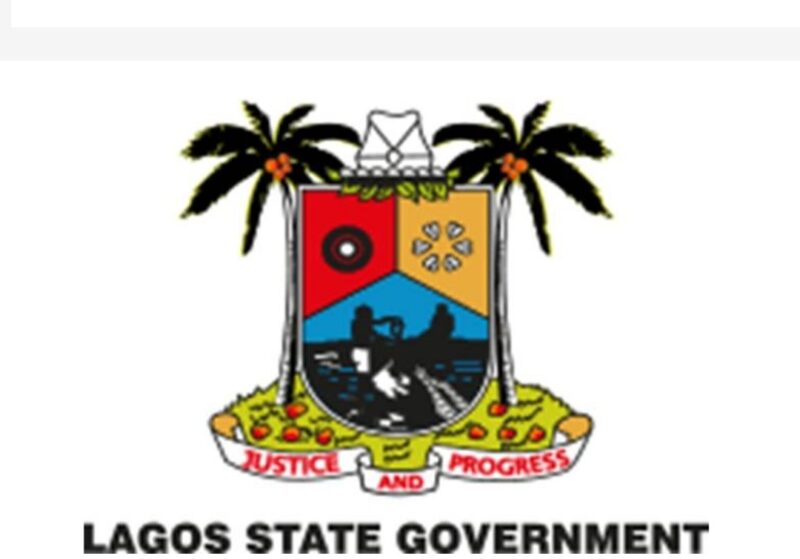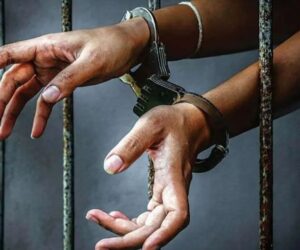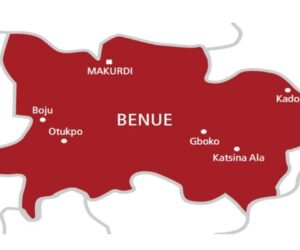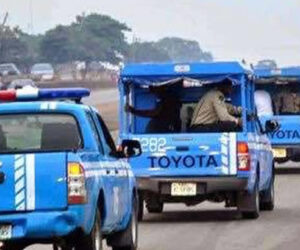WARDC Africa has called on the Lagos State Government to immediately lift the suspension of the Guidelines on Safe Termination of Pregnancy (STOP) for Legal Indications.
Dr. Abiola Akiyode-Afolabi, Founding Director of WARDC Africa, made the appeal in a statement marking World Abortion Day.
Describing the suspension as a significant setback to women’s rights and maternal health, WARDC warned that it places countless women at risk of unsafe procedures and preventable deaths.
Advertisement
READ MORE : Insecurity: Governors Should Stop Shifting Blame, We Have Enough Funds To Combat It – Nasarawa Gov
The STOP guidelines, originally developed by Lagos State, were intended to standardize medical practice and enhance the capacity of healthcare professionals to provide safe termination services within the legal framework—particularly in cases where pregnancy threatens a woman’s life or her physical and mental health.
“On this World Abortion Day, our plea to the Lagos State Government is simple: lift the suspension on the STOP guidelines immediately,” Dr. Akiyode-Afolabi said.
She emphasized that the suspension prevents victims of rape and incest from accessing the full range of medical services guaranteed under Nigerian law, including provisions outlined in the domesticated Violence Against Persons Prohibition (VAPP) Act.
“For survivors of rape and incest, safe termination of pregnancy is not merely a medical procedure but a pathway to reclaiming their bodily autonomy, mental health, and dignity,” she added.
WARDC also commended states that have taken progressive measures to implement or clarify reproductive health provisions, urging Governor Babajide Sanwo-Olu to show similar leadership in Lagos State.
According to Daily Trust, the organization demanded the immediate reinstatement of the STOP guidelines, the explicit inclusion of rape and incest survivors in the framework, and a prioritization of women’s health and rights over political or religious considerations.
WARDC reaffirmed its commitment to collaborating with government authorities and stakeholders to safeguard the rights and lives of women and girls across Nigeria.








